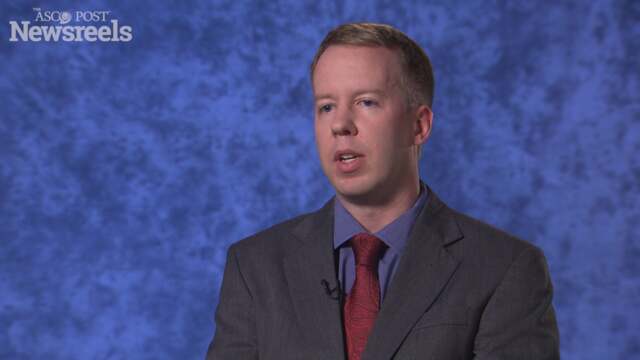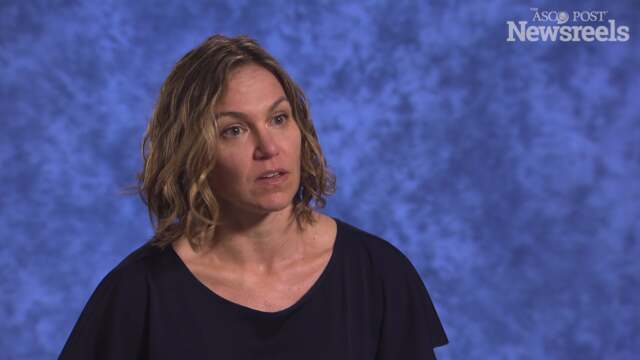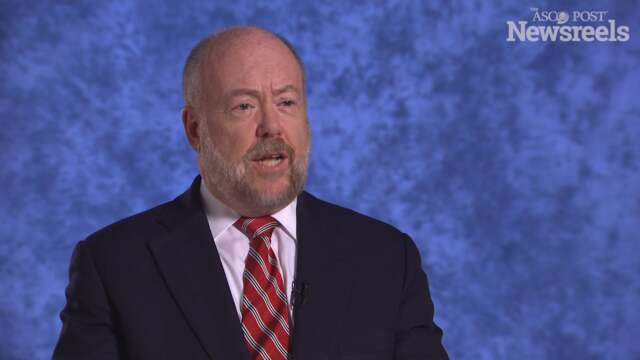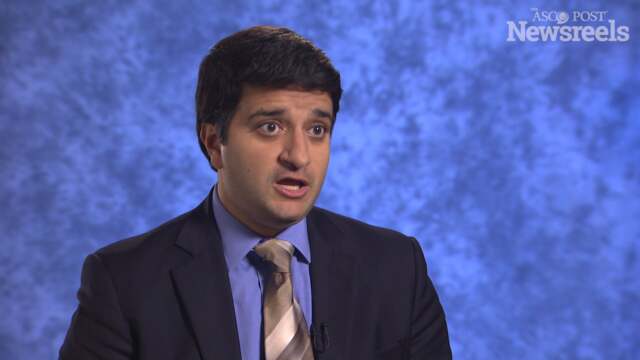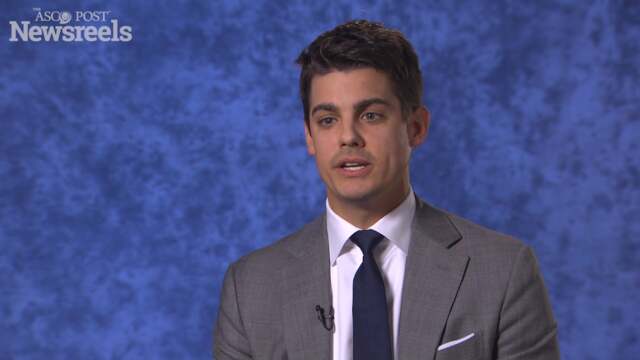Jenske Geerling, NP, on Painful Bone Metastases: Study Results on Nurse-Led Pain Education
2017 Palliative Care in Oncology Symposium
Jenske Geerling, NP, of the University Medical Center Groningen, discusses findings from a multicenter trial on patient education, pain reduction, and quality of life (Abstract 203).
Michael Hoerger, PhD, of Tulane University, discusses the effect on quality of life, depression, and end-of-life care when physicians focus on coping or on decision-making and advance care planning (Abstract 154).
Abby R. Rosenberg, MD, of Seattle Children’s Hospital, discusses study findings on a skills-based intervention that helped teens and young adults with cancer manage stress to improve their quality of life and reduce distress (Abstract 176).
Charles F. von Gunten, MD, PhD, of OhioHealth, discusses an online curriculum that changed younger physicians’ use of palliative medicine in practice during the year after fellowship training (Abstract 202).
Sandip Patel, MD, of the University of California, San Diego, discusses diagnosing and managing immune-related adverse events from immune checkpoint blockade and the toxicities of these treatments.
Jacob J. Strand, MD, of the Mayo Clinic, discusses tips and tools that clinicians can use to develop universal precautions for prescribing opioids in oncology and palliative care practice.
